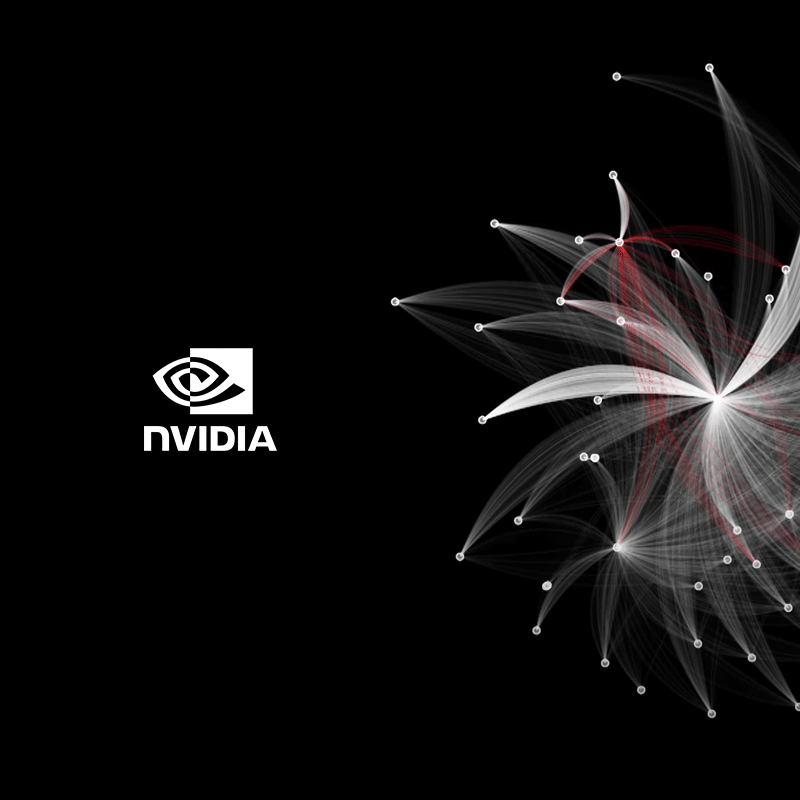
The cybersecurity space is huge. It's a never-ending battleground between hackers and cybersecurity companies.
As long as the bad guys are there, the good guys are expected to be there too. The field is becoming an attractive business, and also a proving ground for companies that want to try or showcase new technologies or approaches.
And Nvidia is one of those companies.
Nvidia is an American multinational technology company that is headquartered in Santa Clara, California. The company is best known for its graphics processing units (GPUs) for the gaming and professional markets, as well as system on a chip units (SoCs) for the mobile computing and automotive market.
And what it's less known, is that it also ventures in the AI industry and cybersecurity.
This time, during its GTC 2021 virtual keynote, Nvidia announced what it calls the 'Morpheus'.
It's essentially a “cloud-native” app framework designed primarily for providing cybersecurity partners with AI skills that can be used to detect and mitigate cybersecurity attacks.
Morpheus uses machine learning technology to identify, capture, and respond to threats and anomalies, including leaks of sensitive data, phishing attempts, and malware.
Morpheus essentially allows compute nodes in networks to serve as cyber defense sensors.
According to Nvidia, Morpheus is an open AI application framework that provides cybersecurity developers with a optimized AI pipeline and pre-trained AI capabilities. With it and "for the first time," this allow them to instantaneously inspect all IP traffic across their data center fabric.
In the announcement, Nvidia said that its BlueField-3 data processing units (DPU) can be specifically configured for this purpose. With Morpheus, organizations can analyze packets without information replication, leveraging real-time telemetry and policy enforcement, as well as data processing at the edge.
And with the help of AI, Morpheus can literally analyze more security data than conventional cybersecurity app frameworks, without having to experience increasing cost or performance issue.
What's more, developers can also create their own Morpheus skills using deep learning models.
"Morpheus applies real-time telemetry, policy enforcement and processing at the edge coupled with AI to analyze more security data without sacrificing cost or performance. Developers can also create their own Morpheus AI skills using deep learning models, leveraging existing IP investments," said Nvidia
In the age where interconnected devices are common, cybersecurity is becoming more important than ever.
And this is especially true following the 'COVID-19' coronavirus pandemic, which shifted the trends of working and studying.
As an increasing number of businesses and organizations are using cybersecurity tools to combat the growing number of cyberthreats, Nvidia is placing Morpheus among the crowd.
Morpheus boasts Nvidia's capabilities in the hardware business. And with AI, Nvidia wants to ensure that Morpheus can work without interrupting or affecting day-to-day business of its users.
For example, given a strain of ransomware an enterprise hasn’t encountered in the past, the tool's defensive AI can identify the novel and abnormal patterns of behavior and stop the ransomware even if it isn’t associated with publicly known compromise indicators (e.g., blacklisted command-and-control domains or malware file hashes).
Initially, Morpheus has been made available in preview to developers.